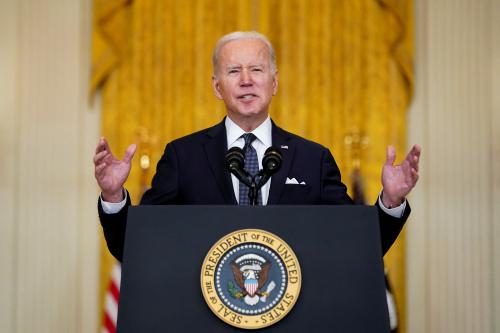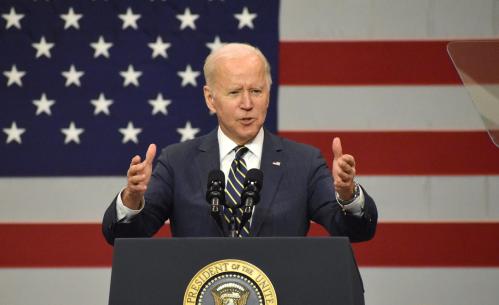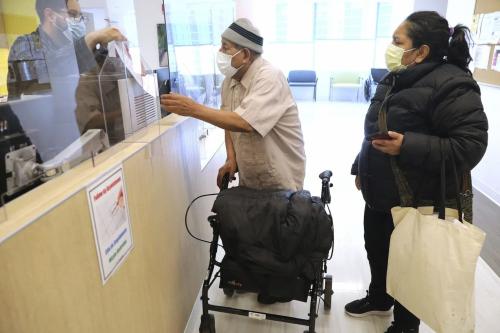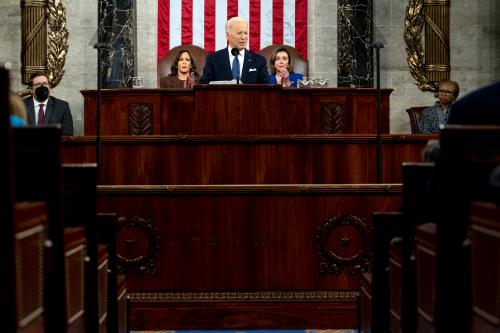The recent federal court ruling invalidating the Biden administration’s mask mandate for air and train travel was greeted with cheers by some and boos from others. So, what do Americans really think about masks? The data paints a complex and nuanced picture.
To begin with, Americans are less concerned about Covid than they were a few months ago. They report declining mask wearing and other precautions in their workplaces, and they are more resigned to living with the disease for the long-term. According to a Monmouth University survey released in late March, 73% of Americans now agree that “it’s time we accept that Covid is here to stay, and we just need to get on with our lives.” On the other hand, there are areas—including public transportation—for which they favor continued vigilance. Surprisingly, the Biden Administrations’ challenge to the court’s decision may not be the political loser that some pundits assume.
An AP-NORC survey conducted during April 14-18 and released on April 20 lays out the details. Since last August, support for masking in the workplace has fallen by 18 points; in concerts, movie, and sporting events, by 13 points; in restaurants and stores, by 10 points. An Axios-Ipsos poll released on April 12 found that just half of Americans now favor requiring school students, teachers, and administrators to wear masks, down from about 7 in 10 last fall. The only exception is airplanes, trains, and other forms of public transportation, where support for mask mandates has not budged. Today, 56% of Americans continue to favor requiring masking for travelers, compared to only 24% who are opposed, and strong support for this measure is more than twice as high as strong opposition.
Overall, the evidence shows that Americans are carefully monitoring the continued risks of Covid in various aspects of daily life and are weighing these risks against the inconvenience of prolonging the protective measures adopted at the height of the pandemic. And despite ongoing criticisms of public health authorities for shifting directives and unclear messaging, Americans favor adjusting guidelines and mandates in response to changing conditions; only one-third want the government to stick with a single set of fixed policies.
While media coverage of Covid policy has been driven by high-profile controversies in schools and on airplanes, the people’s judgment has reflected flexibility, openness to information, and common sense. When policies yield improving conditions, public approval for policymakers rises accordingly. Another example of common sense is the continued public acceptance of airport security measures such as taking off one’s shoes, two decades after 9/11. In an era of intense partisan polarization, the impact of Covid on our politics and society, though far from benign, could have been much worse.







Commentary
Americans favor mask mandates on planes and trains
April 21, 2022